Bereavement is always hard, and if you’ve lost a loved one recently our hearts go out to you. If you’re in this situation, it's important to be there for your children and to be kind to yourself. Here are some tips that may help.
Talk to each other
It’s a natural reaction to want to hide your wee ones away from sadness and bad news, but talk to them and make sure they know you’re there for them.
It’s better they hear bad news from the person they trust the most, you, than from overhearing a phone conversation. This is just as true if a loved one is seriously ill or in hospital at the moment. Being clear with your children gives you the chance to listen to their worries and reassure them. They might understand what is happening better than you think.
Advice for giving them bad news
If the worst has happened and you and your children have lost someone, telling your kids may feel like the most difficult thing in the world. It’s okay to feel this way, it is one of the hardest things to do as a parent/carer. Remember you are grieving too. As hard as it feels to tell them, talking honestly about what’s happening can help your child understand the situation and learn to deal with their feelings.
Here are things you can do to make the process a little easier. This leaflet from Cruse Bereavement Care Scotland has more advice for helping children deal with grief.
Tip #1: You don’t have to tell them straight away
Absorb what has happened, and give yourself time beforehand.
Tip #2: Think about where you want to tell them
Do you want them to sit on the sofa with you? Would you rather tell them in the kitchen? It may sound silly, but picking the place you feel most comfortable together can help.
Tip #3: Have as much information as you can
They will have questions, which may feel overwhelming, so write down a basic description of what happened – when they went to hospital, how sick they were, when they passed away. You can refer back to this to keep the conversation on track.
Tip #4: Be clear about what has happened
It’s normal not to want to talk about death. But use clear language with your child. If they think the person will be coming back, they will just be more upset when they realise they aren’t.
Tip #5: Reassure them if they’re worried about losing others close to them
It’s only natural that the death of someone they know may make them start thinking or worrying about other people close to them dying, or even dying themselves. Reassure them but be honest with them – everyone dies eventually, but most people live for a long time.
Tip #6: Be prepared for any reaction
Your children may react in a way you don’t expect. They may be extremely upset, or they might not react at all and just want to go back to playing or watching their cartoons. Everyone’s reaction to bad news is different and they might not react the way you thought they might. No matter how this is impacting them, the most important thing you can do is let them know that you’re there for them. Let them know that they can come back and talk to you later if they need a bit of time.
Tip #7: Let them play
You might feel it isn’t the time for fun and games, but playing is one of the best ways for children to come to terms with things and understand the world around them. So if you see them putting face masks on their teddies or building a hospital out of blocks, or going back to games they used to play when they were younger, this is just their way of coping with the situation.
Tip #8: Read a book together
Reading picture books together may help your child understand the situation. The Scottish Book Trust have a list of books that explore grief and loss in a gentle, sensitive way.
Remembering lost ones
Whether or not you’re able to attend a funeral for a loved one, it’s important that you take the time to focus on the happy memories you have of them and to say goodbye in your own way.
You could pull out old photos, or ask your children about their favourite memories of the person. You could even email friends and families to find out theirs. The most important thing to remember is that even if you are apart from people, you’re not alone. Your other friends and families may be grieving as well and could do with your support as much as you could benefit from theirs.
Looking after yourself
You may be focused on your kid’s reaction and how they will cope. But how you cope is just as important. Cut yourself some slack. Things are hard at the moment, let alone for those suffering from a loss. Allow yourself to grieve. Talking to a friend may help.
Should my child attend the funeral?
This is entirely up to you and your child, so listen to what they have to say about it – they may want to go to say goodbye or they may prefer to stay away. If you decide they should attend, talk them through what will happen on the day so they’re prepared. It may also be helpful to tell the person conducting the funeral that there are to be children present.
Other support
You can find more advice for looking after your mental wellbeing here. And there’s lots of help out there if you’re finding it hard to cope. NHS Inform has resources to help you keep on top of your mental health, including their Mind to Mind website, where people share the things that have helped them on their journey through grief. The SAMH website also has helpful advice, and the Childhood Bereavement Network has information on supporting bereaved children and young people.
Cruse Bereavement Care Scotland offers bereavement support throughout Scotland. You can also call Breathing Space, Scotland’s national helpline for those experiencing depression or anxiety on 0800 83 85 87. Alternately you can call the Samaritans on 116 123 at any time to talk to them about how you are feeling.
 Activities & Play
Activities & Play Behaviour
Behaviour Childcare
Childcare Development & Growing Up
Development & Growing Up Family, Friends & Relationships
Family, Friends & Relationships Feeding Your Baby
Feeding Your Baby Food & Eating
Food & Eating Health & Safety
Health & Safety Mental Health & Wellbeing
Mental Health & Wellbeing Money & Work
Money & Work Online Behaviour & Safety
Online Behaviour & Safety Pregnancy & First Days
Pregnancy & First Days School & Education
School & Education Sleep
Sleep


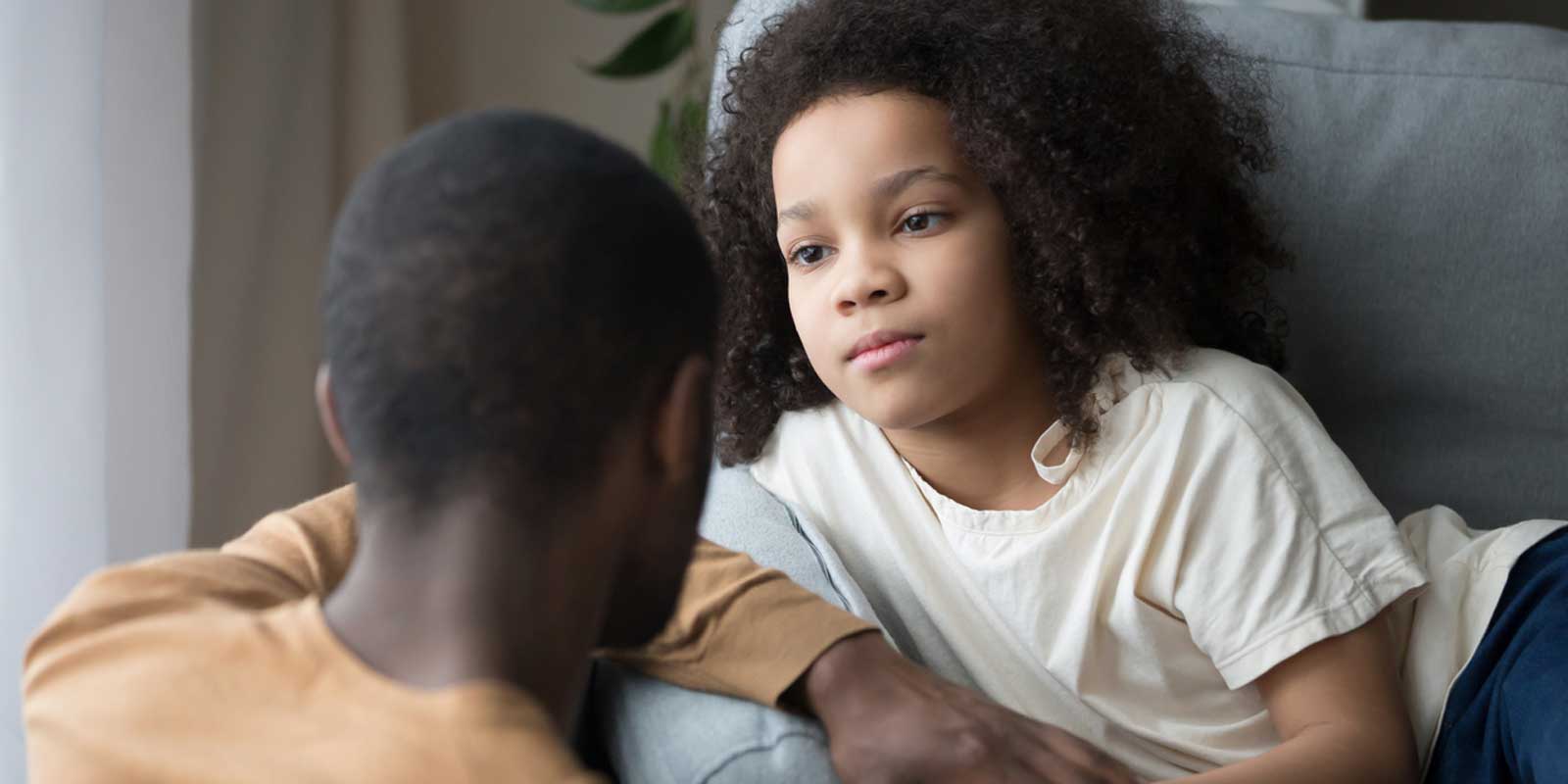

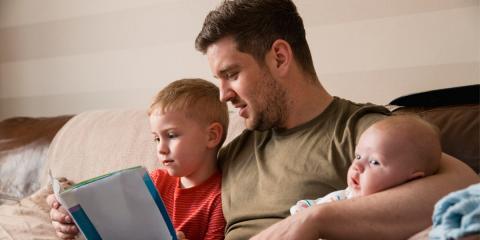
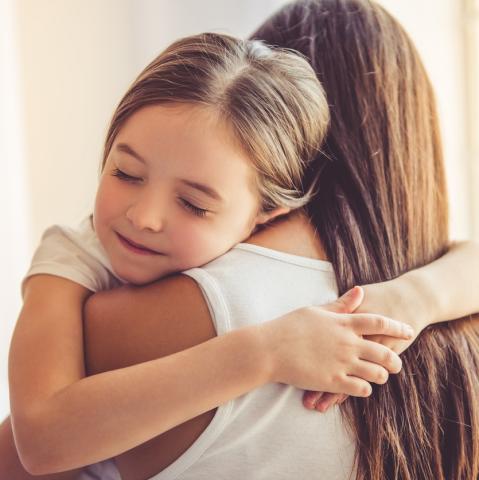
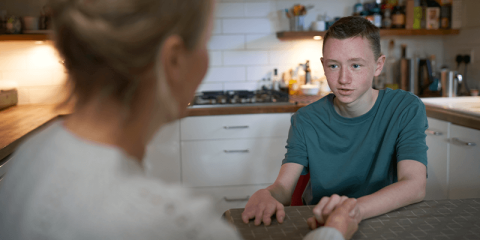
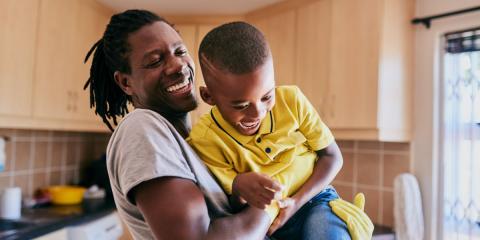
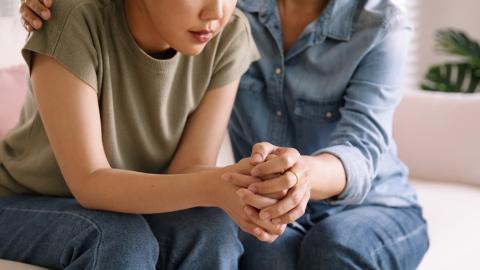
 Behaviour
Behaviour
 Sleep
Sleep